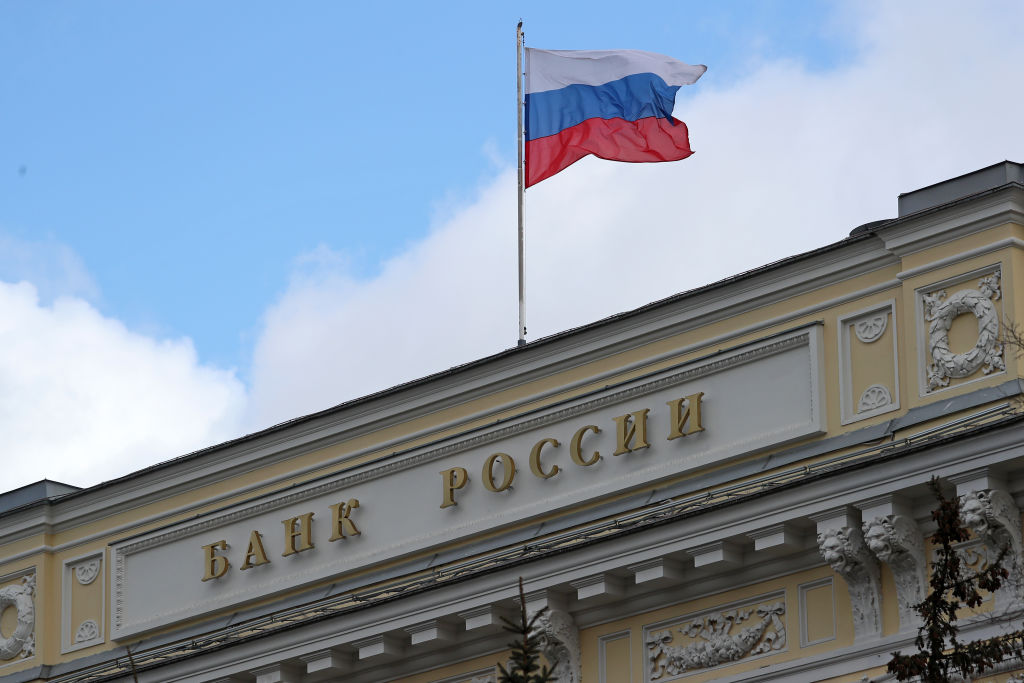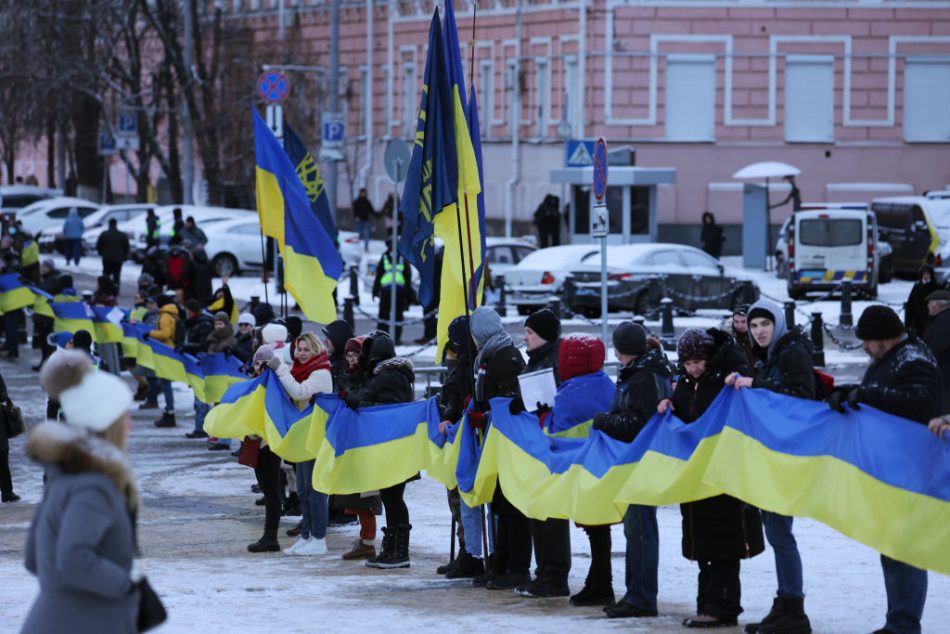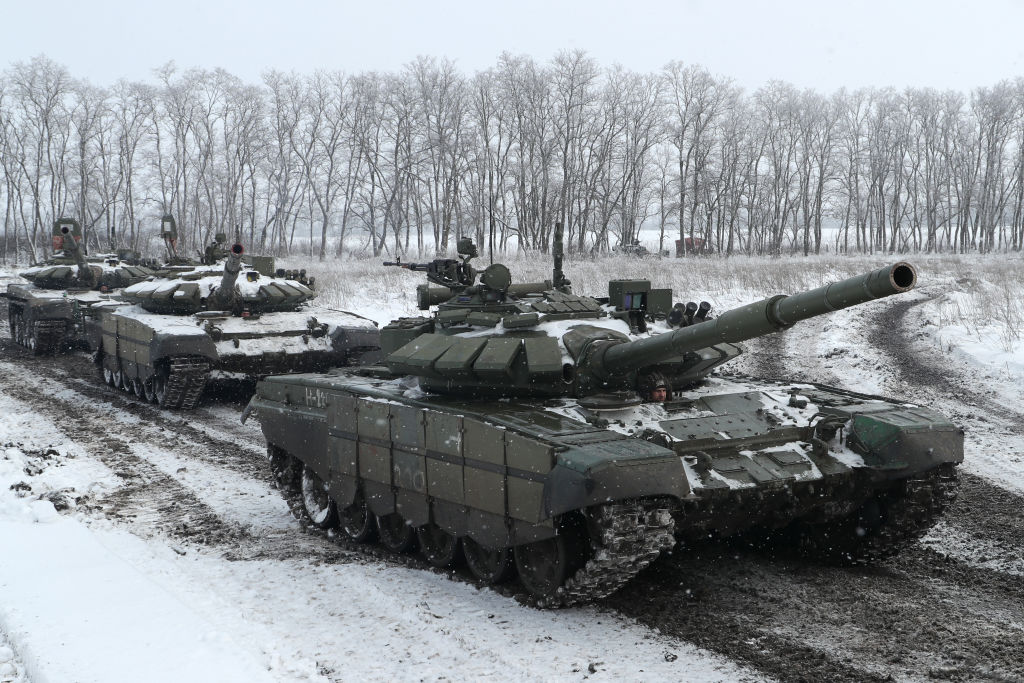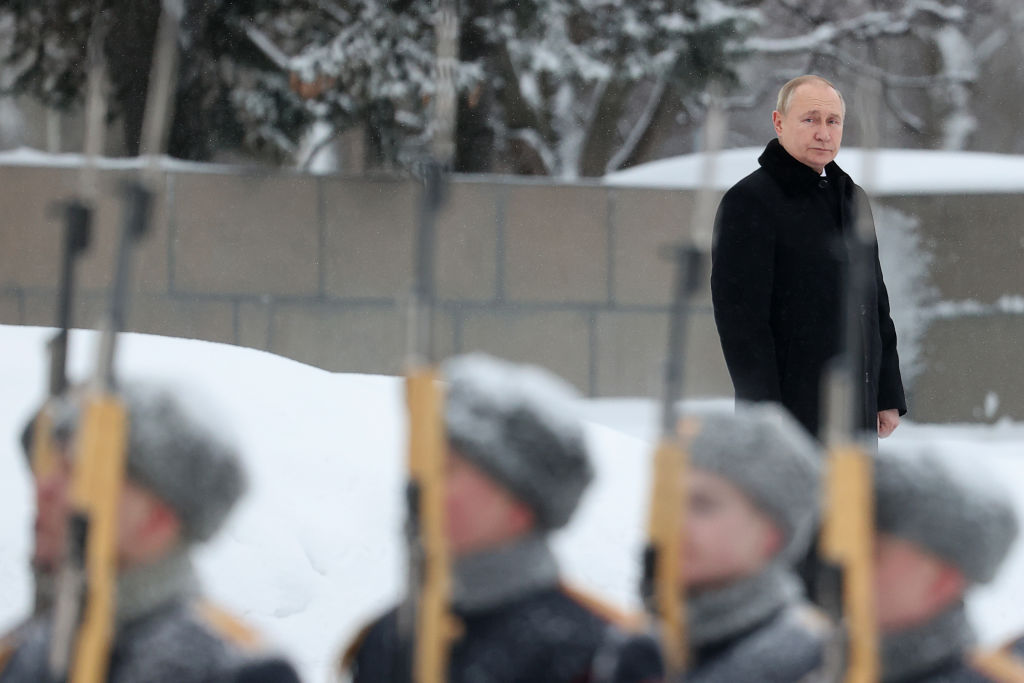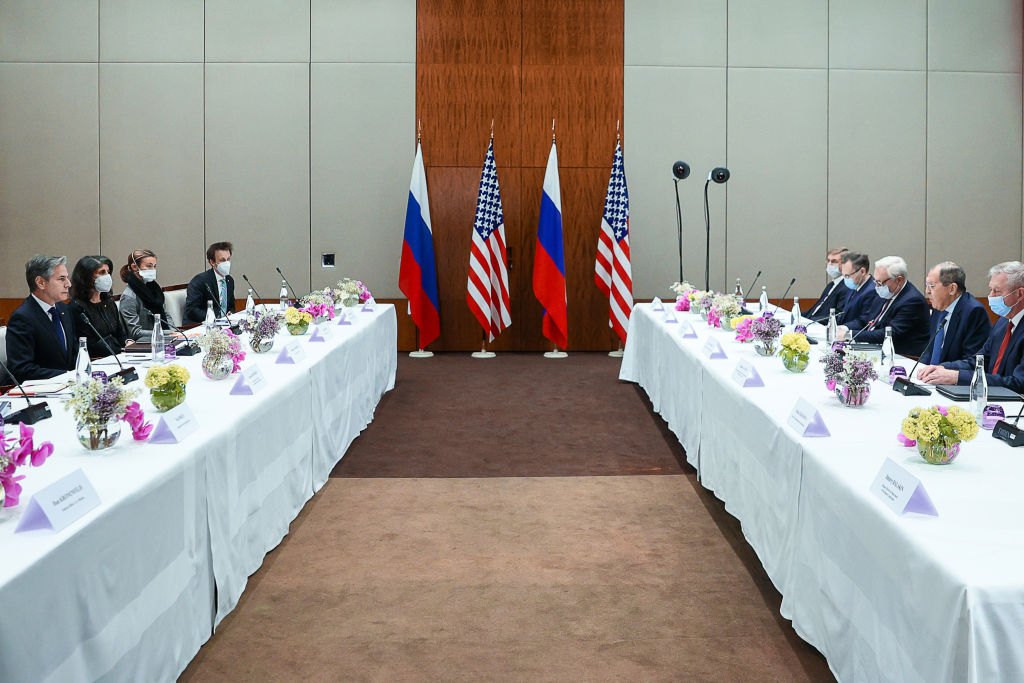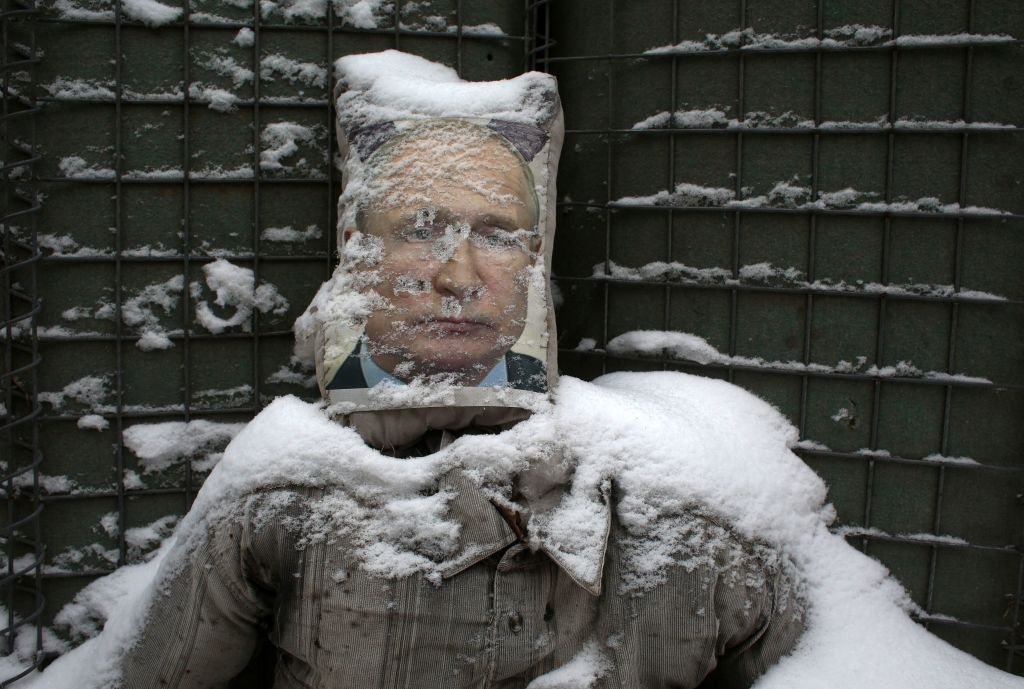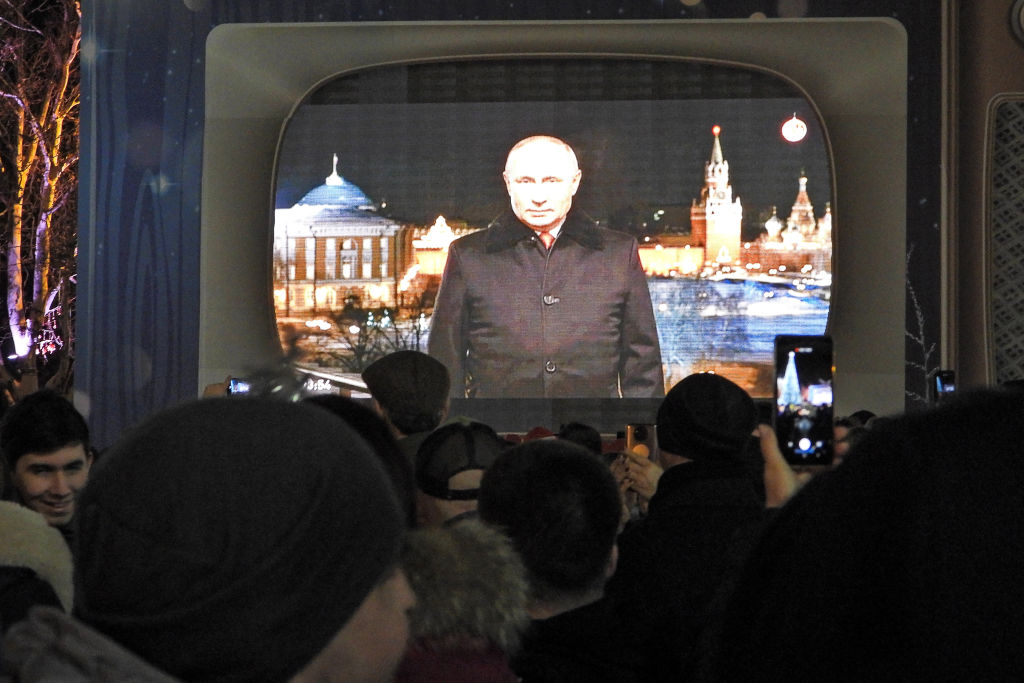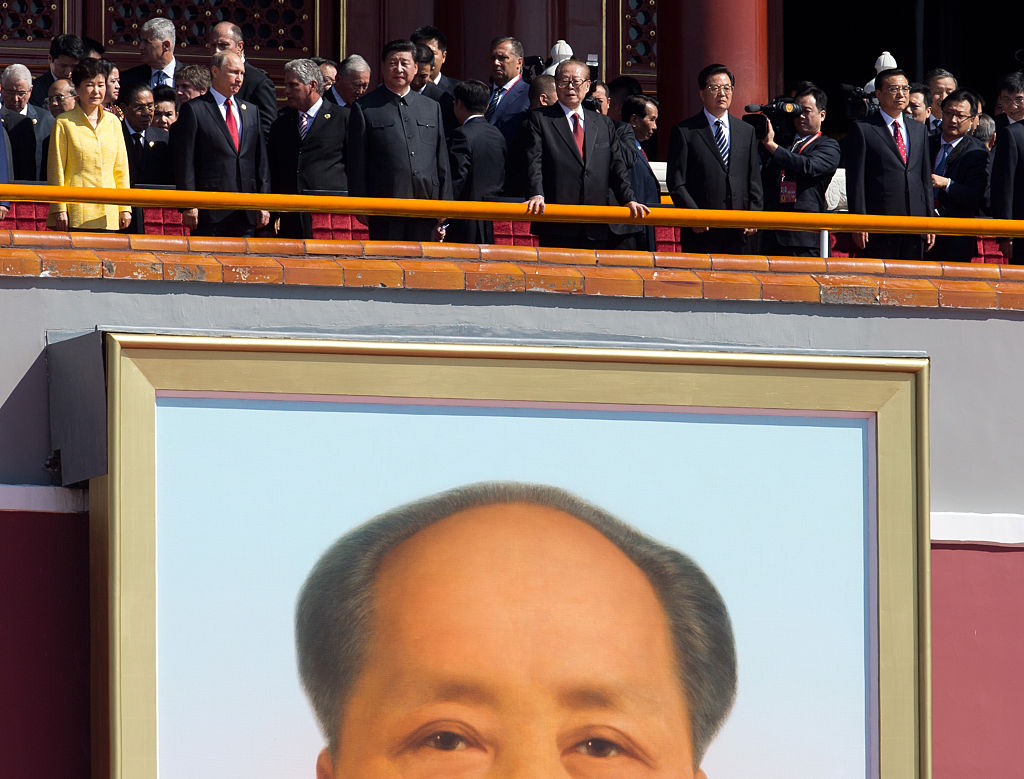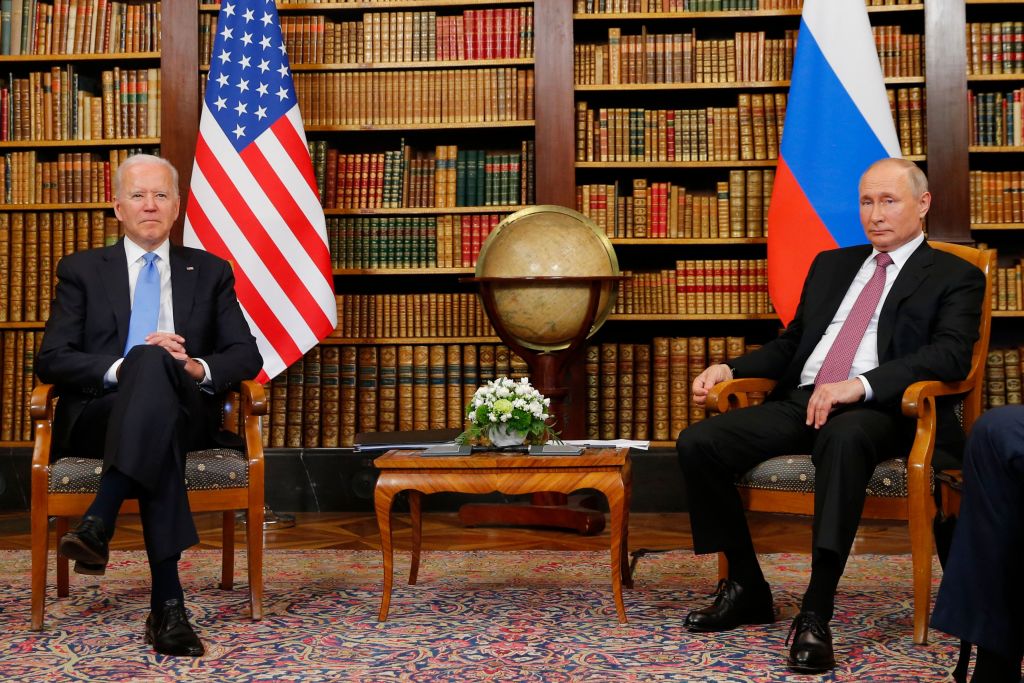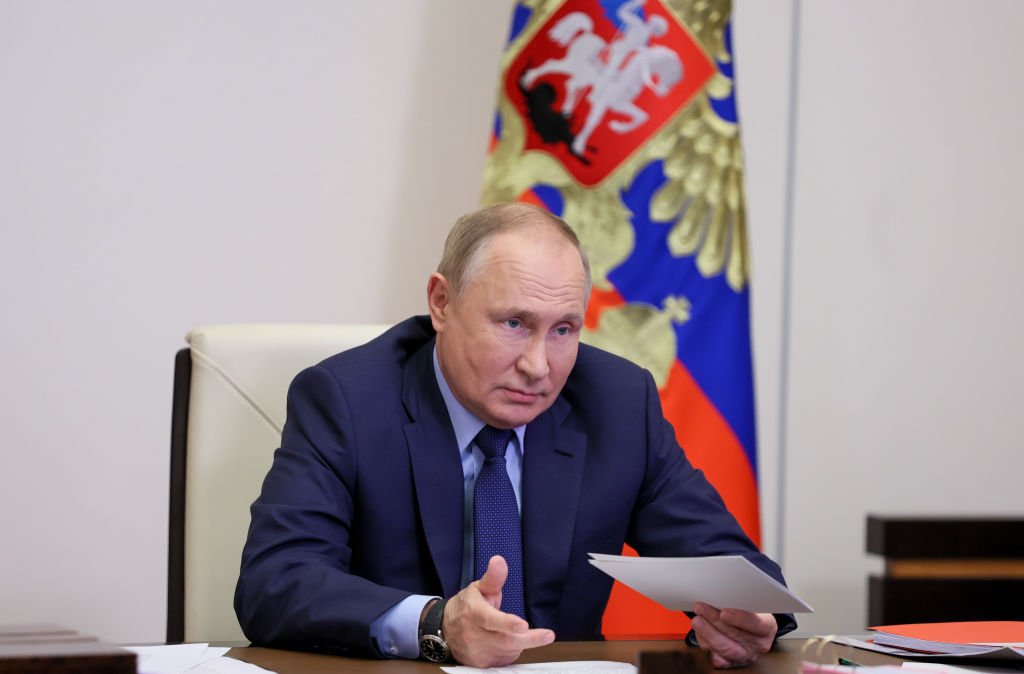
Comments implying that President Vladimir Putin’s ultimatums and threats against the US, other NATO states and Ukraine are counterproductive have appeared in Russia’s hitherto unimpeachably loyal media. Even muffled dissent in an increasingly authoritarian state suggests that disquiet in the Russian professional security elite may be more widespread than visible. This won’t inhibit Putin in his campaign to achieve a compliant leadership in Kyiv or a failed Ukrainian state, or to annex the part of eastern Ukraine he controls and force the US and NATO to accept a new European security order on his terms.
History isn’t an infallible guide but it’s the only one we have. The historical background to the sharpening Ukraine crisis is comparable in its complexity to the history of the Balkans. This may explain why some journalists have rushed to judgement with predictions of, and reasons for, another Russian invasion of Ukraine, falling back on the remedy of editors confronted by issues too arcane for most punters: simplify and exaggerate.
Russia specialist John Besemeres wrote in his 2016 book, A difficult neighbourhood, ‘The geopolitical tug-of-war over Ukraine has been at the heart of the broader contest between Russia and the West since Putin returned the Russian presidency [in 2012].’
A key to understanding the conflict is Putin’s view that Ukraine is not a country; to him, the Ukrainians and the Russians are one people (most of Ukraine’s 44 million citizens disagree vehemently). Another is that Putin, an authoritarian leader in a country with an authoritarian tradition (which he doubtless believes has served it well), has a compelling reason to do whatever he can to prevent democracy from taking firm root in a neighbour he claims can become a country ‘only in partnership with Russia’. (Let’s recall that post-Soviet Russia has had two leaders in three decades, while Ukraine has had six, all elected in messy but credible ballots. And Putin has fashioned constitutional justification to remain Russia’s ruler for life.)
Last July, Putin set out his views in an article published in Russian, Ukrainian and English. The gist of it is captured by historian Timothy Snyder:
The basic idea is that a thousand years ago there was a country called Rus, the most important city in Rus was Kyiv, and now a thousand years later Kyiv is the capital of Ukraine, and therefore Ukraine cannot be a real country, and everyone involved and their descendants must be Russians or a brotherly nation to Russians.
Snyder goes on to observe: ‘Historically speaking, the idea that a dictator in another country decides who is a nation and who is not is known as imperialism.’
On 18 November, Putin called for long-term guarantees to ensure Russia’s security. On 1 December he was more specific, calling for a ‘concrete agreement’ and ‘legal guarantees’ to ‘rule out any further eastward expansion of NATO and the deployment of weapons systems posing a threat to us in close proximity to Russia’s territory’.
At the same time, Russia massed 100,000 troops along the border with Ukraine—part of which it already controls via its proxy forces in Ukraine, in addition to those stationed in the parts of Ukraine that it already occupies. Snyder observed that, ‘Rather than invading without warning, Russia has ostentatiously prepared for an invasion, and then warned the West that whatever happens is all their fault.’
Russian political-military commentator Vladimir Frolov wrote in December: ‘For the last month, Russia has been waging a strategic assault to stop NATO’s expansion to the east once and for all. Moscow is striving to complete what it began in 2014 in Crimea: to alter in its favor the terms on which the Cold War ended.’
On 15 December, Russia’s foreign ministry published a set of demands addressed to the US only, described by another Russian commentator as an ‘ultimatum unprecedented in the 30-year history of post-Soviet Russia’. The gist is that the US and NATO should undertake to admit no new members from Eastern Europe (read: Ukraine and Georgia) and dismantle all military infrastructure put in place in NATO member states that have joined the alliance since May 1997.
Snyder says Putin made demands he knew would be rejected. ‘Moscow tabled two draft treaties and asked that they be signed as they stand; in them, Americans are asked to accept provisions that the Kremlin must surely know are unacceptable and to sign away the sovereignty of other countries, especially Ukraine.’
A few months before his death in 2015, Yevgeny Primakov—a legendary espionage officer, former head of the Russia’s Foreign Intelligence Service, former prime minister and, other than Putin himself, perhaps the most lauded and celebrated figure in the pro-Kremlin establishment—gave a public speech in Moscow, suspecting it would be his last. His audience in the hall of the Moscow Exchange was a who’s who of the post-Soviet political and plutocratic elite. He rocked them.
In his 2015 biography, Leonid Mlechin recorded Primakov as having said:
‘Within two years, the Russian leadership must diversify the economy, give economic autonomy to Russia’s regions and open its doors to cooperation with the US and NATO … The threat of a “coloured revolution” in Russia is nil, while the only genuine threat to the country is the excessive concentration of power at the centre … If the Minsk agreements on Ukraine are not implemented to Russia’s satisfaction, should Russia deploy its regular forces in support of the insurgents in eastern Ukraine? Categorically, no.’
This call for a reversal of Putin’s approach to the US and NATO came a few months after Putin met Anders Fogh Rasmussen, a former Danish prime minister and then secretary-general of NATO. Responding to Rasmussen’s overture for improving Russia–NATO relations, Putin had said that he didn’t want to improve relations with NATO; he wanted to see it abolished.
Primakov’s direct challenge, coming from one of their own, must have irked Putin and the intelligence and military officers who help him rule. When Primakov died a few months later, the patriarch of the Russian Orthodox Church presided at his funeral while Putin delivered a fulsome eulogy. Primakov was installed in a pantheon of the greatest Russians in history—but his advice was ignored; indeed, Putin did the opposite, on all fronts.
Prominent political analyst and former military intelligence officer Dmitri Trenin has observed that every attempt in Russian history to introduce political reforms has ended up with power in the hands of one man. As Putin has concentrated more and more power in his office of president, Russia has steadily become more authoritarian. This trend was highlighted by the Russian Supreme Court’s recent banning of Memorial International, an organisation dedicated to preserving the memory of the millions of victims of political terror in the Soviet era.
Yet, a grim record of murders and incarceration of investigative journalists notwithstanding, Russia is not totalitarian. A liberal, pluralist radio station, an embattled but independent television station and an independent newspaper survive (the newspaper’s editor recently shared a Nobel prize). Clearly, they are useful to Putin. That at least was the explanation offered by the radio station’s editor, in my presence.
But among the Russian securocrats, Primakov’s was a lone voice of dissent on Putin’s policies—almost. In 2018, military journalist Aleksandr Khramchikhin published a rebuttal of the claim that NATO represents a threat to Russia, which the Kremlin employs as a fundamental justification for its policies:
Military deployments from other NATO countries to Poland and especially to the Baltic states have a purely political rather than military rationale, one that official NATO representatives recognize … All of the talk in Russia about the threat of a NATO attack is nothing more than a propaganda ploy … Quantitatively and qualitatively, NATO forces are unprepared to wage war against the modern armed forces of the Russian Federation.
Three years later, in October 2021, following the chaotic US and allied withdrawal from Afghanistan, the same commentator wrote even more trenchantly, signing off with an ironical flourish:
Even to suggest that such a pathetically impotent entity [as NATO] is preparing to attack Russia is ignominious. By endlessly foisting on [Russian] society this notion of a threat from NATO we disorient and discredit ourselves. Yes, in recent years NATO has been preparing for a war with us—but for a defensive war… Alas, to rely on Moscow to respond effectively [to geopolitical trends] is ever more problematic; instead, we shall continue to repulse the aggression of Lithuania, Belgium, Slovenia and Portugal.
This article was published in the Russian-language Military-Industrial Courier, an influential site read widely by defence and security personnel. It’s noteworthy for its loathing of ‘liberal’ economic views, such as those expressed by Primakov, and for publishing provocative, lurid pieces against the US, the UK and NATO generally.
Khramchikhin has long been a maverick among Russian military commentators. From the early 2000s his was virtually a sole Cassandra-like voice warning of the possible long-term costs of closer ties with China.
Since Putin delivered his 1 December ultimatum demanding in effect a Yalta Agreement 2.0 and the dismantling of NATO, threatening ‘military-technical measures’ if the demands weren’t met, more voices have questioned the wisdom of his brinkmanship.
Frolov characterised the concentration of forces on Ukraine’s border as a ‘lever’ designed to ‘force Ukraine to hammer out its relationship with Russia on Russia’s terms’. He described Putin’s demands as unrealistic, criticised the decision to proclaim them publicly (‘when such sensitive issues are best discussed in private’), and noted the failure to offer any concessions in exchange for the limitations Russia was demanding.
On 17 January, one Yevgeny Fyodorov (apparently a pseudonym), writing in the widely read and hitherto unimpeachably pro-Kremlin military journal Voennoe Obozrenie, challenged Putin’s policy in remarkable terms:
Virtually only one conclusion can be drawn from this whole episode: no one in the Russian Foreign Ministry actually hoped for a diplomatic solution. The conditions put to NATO were formulated to be unacceptable, and moreover without any concessions [by the Russian side]. One can only hope that those in the Kremlin know what they’re doing.
Even Australian readers, unschooled in the refined Russian technique of encoded language, can decipher ‘those in the Kremlin’: Putin may not be all-powerful, but he is the apex of the vertical of power in Russia. It seems unlikely that the last sentence in particular would have been published had the writer and their editor not assumed a reasonable degree of support for their concerns in the upper echelons.
These notes of dissent have appeared when Putin is being described ironically by some on social media as ‘the bunker president’—a reference to the common knowledge that since the onset of Covid-19 the concentric circles of security surrounding him have proliferated and hardened. The implication is that he is not only inaccessible, but out of touch with reality.
Also on 17 January, Andrey Kortunov, an ‘approved’ commentator on global politics yet often a reflective voice of moderation, criticised what he called ‘Moscow’s diplomatic Blitzkrieg’ as misconceived, unrealistic and as weakening rather than strengthening Russia’s security.
What is more important for Russia: causing the maximum pain to an obdurate and hypocritical West, avenging the defeat [in the Cold War] and unilateral concessions of the 1990s; or endeavouring to strengthen Russia’s own security? If the answer is the second of these, then Russia has no option but to review its policy of ‘all or nothing’.
Kortunov also rejected the constant drumbeat by Russia and its supporters in other countries, including Australia, that NATO ‘expansion’ occurred because former Soviet–Russian possessions and Warsaw Pact client states were enticed into or pressured to join NATO:
In fact, the opposite applies: former Soviet republics have been desperately storming the gates of the Euro-Atlantic security structures, and the West, fully aware that accepting these new member states would weaken NATO not strengthen it, had to respond to this pressure. So, Moscow should focus instead on finding alternative mechanisms to underpin the security of its ‘common neighbours’, thereby reducing the allure of NATO membership and their striving to gain it come what may.
To have so authoritative a Russian commentator as Kortunov, the director-general of the Russian International Affairs Council, explain bluntly the reality of NATO’s ‘expansion’ is a timely corrective. For many Russian securocrats, however, these views would be enough to qualify Kortunov as an ‘agent of foreign influence’.
A key question is whether these mutterings in the ranks reflect a wider concern in the elite—and if so, might that lead to organised opposition to Putin’s policies? The evidence is too thin to draw such a conclusion. Putin’s priorities would remain as before: to protect the interests of the securocrats who support him and their networks of clients and constituencies, repelling any emerging challenges to his power. His instinctive response to such challenges has been aggressive: ‘The streets of Leningrad taught me one thing: if a fight’s inevitable, strike first.’
He has now shown plainly his disdain for his US and European adversaries. Given the disarray in the US and the UK, the departure of Angela Merkel as German chancellor, and the repeatedly demonstrated unwillingness of the main European states to stand up to him, Putin has probably concluded that ultimately they’ll agree to a settlement on his terms. Meanwhile, he’ll presumably do all he can to help Donald Trump to return to the White House in 2024. Trump has said he would withdraw the United States from NATO in a second term.
One outcome of the confected crisis that might explain why Putin advanced unrealistic demands may well be that he plans to formalise, in Russian terms, Moscow’s control of what it calls the Luhansk and Donetsk ‘people’s republics’ (a title recalling eerily the terminology of Soviet imperialism), the two eastern Ukrainian districts that it has controlled since 2014. That is, Russia will ‘recognise’ them as ‘independent states’, as a faction in the Duma (the Russian parliament—a ‘cabaret of feudal obsequiousness’, as one commentator put it) has been urging. This would mean in effect reincorporating them into Russia. Moscow has already issued between half a million and a million passports to the region’s inhabitants, often under duress, creating a pretext for it to ‘protect’ them.
This would mean Putin had used military force three times to change the borders of Europe: once in Georgia, twice in Ukraine. One recalls that the Russian word for a great power is derzhava, a cognate of the verb ‘to seize and hold’.
Editors’ note and correction (3 February 2021, 9 pm AEDT): Thanks to Strategist reader John Crowfoot for noting that the work of Memorial International extends beyond the Stalin era to victims of political violence throughout the Soviet period; the text of this post has been amended to reflect that point. He also notes that the Russian Supreme Court’s December ruling has not yet taken effect and that Memorial is challenging the decision.
